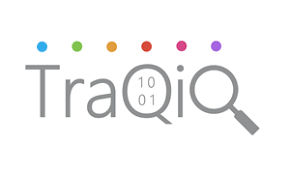Let’s look at a small business that has about 25 employees managing about 1,000 independent professionals (agents) making deliveries. Do they grow this model to 10,000 or 100,000? Do they bring in VC money and shoot for the moon?? Ultimately, it is a function of their customer base and their revenue projections. They can choose to build/grow their own network, leverage a partner network (fuel station or bank kiosk) or outsource it to another company.
When we look at the notion of scaling your own network, there are several factors that should be considered.
Customer projections:
Having insight into customer growth is going to be a primary factor as the company plans for growth. Are customers going to grow nationwide, regionally, or in very specific segments? There is a very specific model that will have to be built – merging together the growth of existing customers and future prospects.
Geography:
It is a whole lot easier to grow in one state or region. Having nationwide or global presence requires significant resources to monitor, maintain and run the network across multiple time zones.
Capital:
Hiring, training, and maintaining agents will consume a lot of ongoing resources, and the company needs to be able to monitor its capital requirements. Ideally, there need to be at least 12 months of cash in the bank to support this plan.
Technology:
In a world of managing large teams, technology can play a huge role. AI/ML models can take the ongoing load off employees’ shoulders. In addition, the core software stack needs to be able to scale rapidly as the number of agents grows.
Employee team:
This is one of the largest investment areas. Employees are needed to recruit, train, and support these independent professionals. There needs to be a clear role definition to ensure success. In addition, there needs to be a significant investment in the knowledge base that the employees use to build and run the network.
Agent wages:
The independent agents that are making deliveries get paid when they complete a task – they make a delivery or get a document signature and get paid $1 to $25. As the company builds out the network, there has to be a very clear path for each of these agents to make the wages that they expect. There is no point in investing in recruitment and training if there is inadequate customer revenue to support the team.
When dealing with large groups of people, and supporting their livelihoods, it is critical to ensure that growth is measured. Analytics can help in architecting the right model for every company. There are software solutions like TraQSuite from TraQiQ that can help in building the right distribution platform for the new economy.



